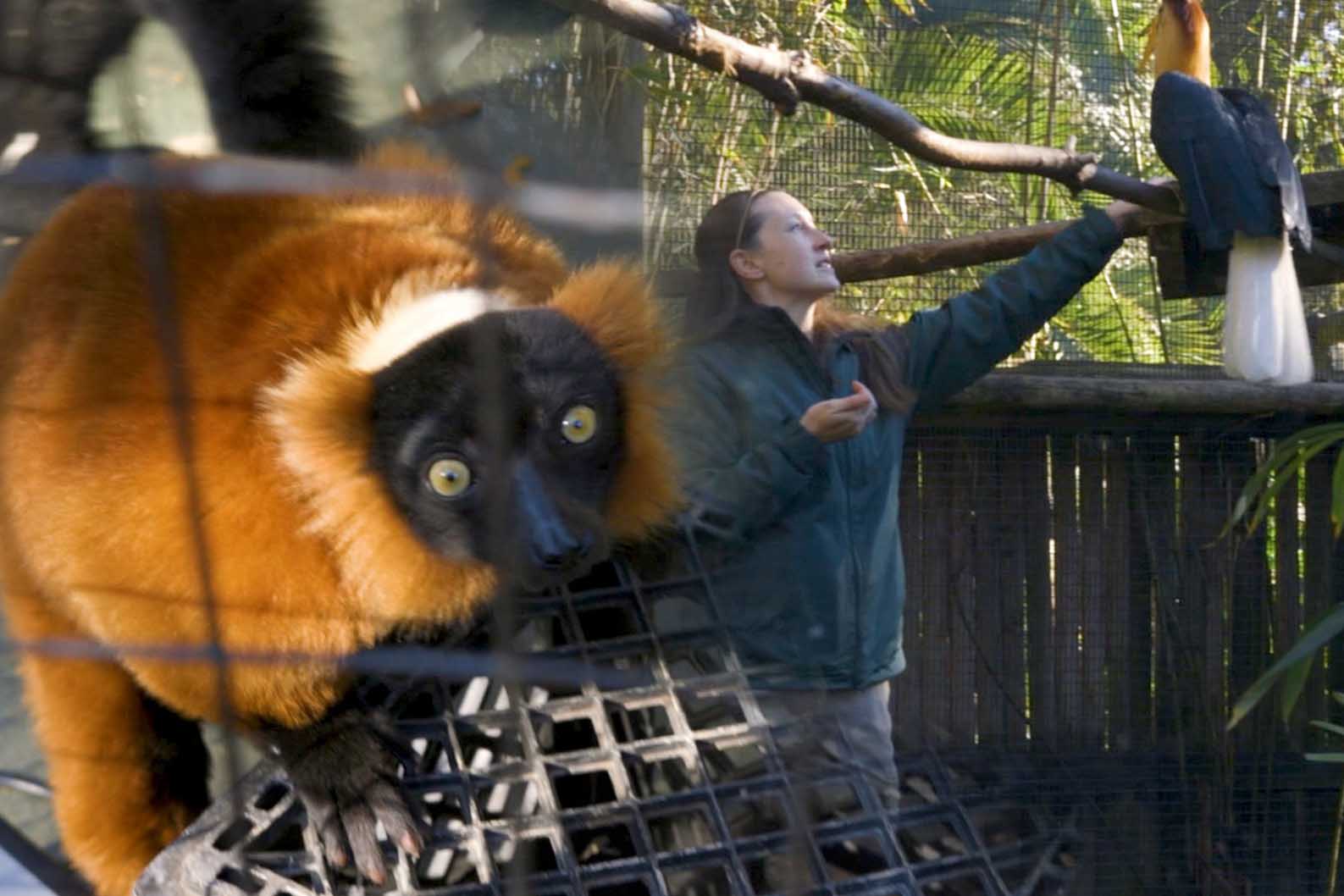

How It's Done:
NEON SIGNS
Grainger Everyday Heroes: Bird and Mammal Curator
By Grainger Editorial Staff 8/11/20
Meet Grainger Everyday Hero Sarah Patterson, the Assistant Bird and Mammal Curator at the St. Augustine Alligator Farm Zoological Park, who prefers training animals and husbandry to veterinary care. Listen to how she maintains the habitats and cares for the animals so that future visitors can see and experience what goes on at the park.
When you grow up, and you say you like to work with animals, everyone always tells you, you should become a veterinarian. [Then I realized] it was actually the training and the overall husbandry that I liked much better than the veterinary care.
My name is Sarah Patterson. I'm the Assistant Bird and Mammal Curator here at St. Augustine Alligator Farm. St. Augustine Alligator Farm was established in 1893, which makes us one of the oldest zoos in the country. In addition to alligators, we now have all 24 species of crocodilian, and about 50 species of birds and mammals.
The birds and mammals [here at the farm] are just like a dog or cat that you may have at home. They are very high energy, so a lot of our day consists of diet preparation, feeding and cleaning. We also want to make sure that they're provided with mental stimulation, so we give them different forms of enrichment as well as maintain their exhibit. [In addition, we perform] any construction that needs to be done on the exhibit, change the perching around so they constantly get new environments, and then we start back over again with feeding and cleaning.
We do several shows here throughout the day to teach guests about the different species that we have here [at the farm], both native species to Florida, and species of the South and Central American rainforest. [Working] here, there are several different species that I have the opportunity to not only see on a daily basis, but to work with that some people never get to see or experience [during] their lives. Being here and working with these species, helping to manage their population in a sustainable way so future guests can enjoy them, is something that we're really excited to contribute to.
![]()
The information contained in this article is intended for general information purposes only and is based on information available as of the initial date of publication. No representation is made that the information or references are complete or remain current. This article is not a substitute for review of current applicable government regulations, industry standards, or other standards specific to your business and/or activities and should not be construed as legal advice or opinion. Readers with specific questions should refer to the applicable standards or consult with an attorney.






